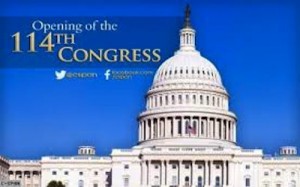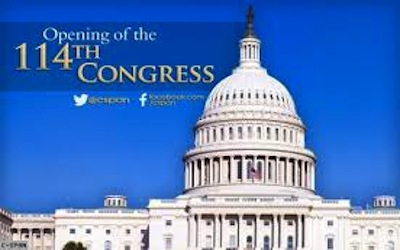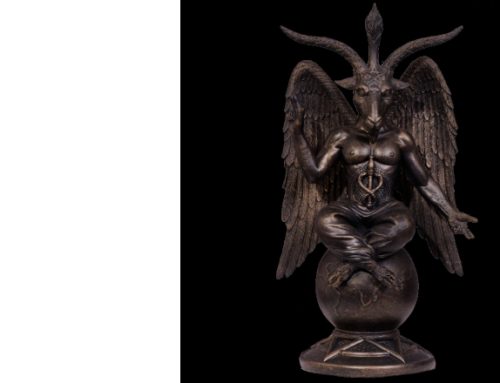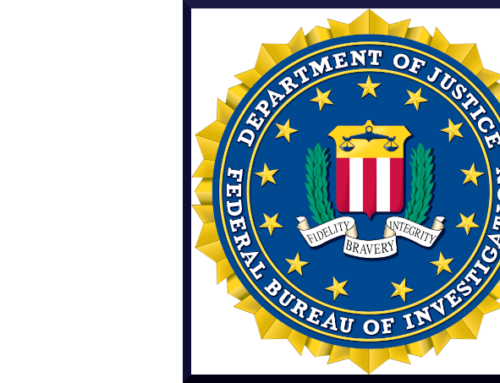
There are no self-identified atheists in the 114th Congress. The one self-identified atheist who ran in the last election, Democrat James Woods from Arizona, got clobbered by his Republican opponent, Rep. Matt Salmon, 68.5 percent to 31.5 percent. There is one unaffiliated person in Congress, Rep. Krysten Sinema, a Democrat from Arizona. According to the new Pew Research Center study, nine of those in Congress, or 1.7 percent, say they don’t know what they are, or refused to answer.
Self-identified Christians constitute 92 percent of Congress, even though they make up roughly three-quarters of the population. The biggest change within the Christian community since the early 1960s is the decrease in Protestants and the increase in Catholics: Protestants fell from 75 percent to 57 percent, and Catholics rose from 19 percent to 31 percent. Jews grew three percentage points to 5.2 today.
We know from previous studies that approximately 16 percent of Americans have no religious affiliation, though only 3.3 percent are agnostics and 2.4 percent are atheists.
The Secular Coalition of America maintains it is a serious problem that so few atheists either want to run for office or are willing to tell the truth about their secular status once in office. Not really. The latter issue is a problem only for the lying office holder, and the former is not a problem at all. Why should anyone be concerned if those who believe in nothing prefer not to run for office? After all, we know from a recent Fortune.com article that most CEOs who are religious hide their faith in the workplace, and no one is fretting over that.
The real problem, which transcends the religious composition of Congress, is the need for more religious-friendly congressmen. In particular, we need more men and women who are willing to defend our Judeo-Christian heritage against the forces of multiculturalism and secularism.







